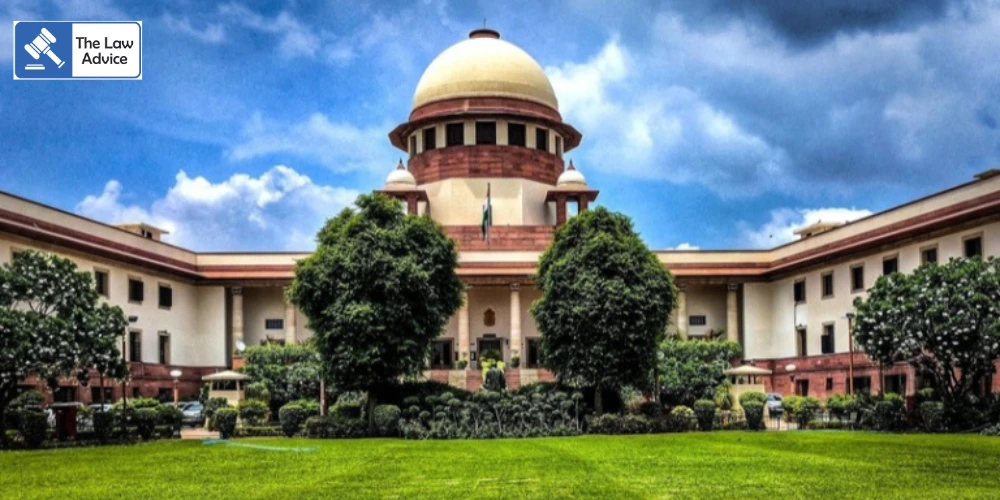
The Supreme Court has set aside a Bombay High Court decision which had vested ownership of private forest land in the State of Maharashtra purely on the basis of notices issued under the Indian Forest Act (IFA). The Court restored ownership rights to the private landholders, holding that such notices by themselves cannot result in automatic vesting under the Maharashtra Private Forests (Acquisition) Act, 1975 (MPFA).
A Bench of Justice Vikram Nath and Justice Prasanna B. Varale noted that the High Court’s ruling ran contrary to the binding precedent laid down in Godrej & Boyce Mfg. Co. Ltd. v. State of Maharashtra (2014) 3 SCC 430. That precedent clearly clarified that mere issuance or Gazette publication of a notice under Section 35(3) of the IFA is insufficient to treat the land as private forest or vest it in the State. The statutory requirements of valid service, continuation of proceedings, and final notification must be fulfilled.
The appeals concerned numerous landowners who challenged revenue mutations and annotations labeling their land as affected by forest proceedings, some even recording State ownership. The State relied on notices purportedly issued in the 1960s under Section 35(3) IFA, along with related Gazette entries and “Golden Register” extracts. The landowners argued that these notices were never properly served, no inquiry or final notification under Section 35(1) was completed, and possession and enjoyment of the land remained with private parties without any compensation ever being paid.
The central issue was whether an unserved or dormant notice under Section 35(3) could be treated as sufficient “forest proceeding” for vesting under Section 3 of the MPFA. In Godrej & Boyce, the Court had already held that unless the notice is duly served and the statutory process remains active, the land cannot vest.
The Court held that the circumstances in these appeals were materially identical to those in Godrej & Boyce. There was no proof of personal service of notices, no final notification under Section 35(1), no State possession on or near the vesting date (August 30, 1975), and no compensation paid. Therefore, vesting could not be presumed.
The Court further clarified that later-created materials such as recent surveys, satellite images, or after-the-fact administrative documents cannot cure the absence of statutory steps required at the time of vesting. Mutation entries, the Court emphasized, are merely clerical and do not create title.
The Bench strongly criticized the Bombay High Court’s attempt to distinguish Godrej & Boyce on minor factual grounds. Describing it as a “departure from the discipline of stare decisis,” the Court emphasized that High Courts must apply binding Supreme Court precedent under Article 141 of the Constitution and cannot ignore or dilute it.
The Court allowed the appeals, quashed the impugned High Court judgment, and directed that all mutation entries treating the lands as private forest be removed. The relevant revenue records are to be corrected accordingly.
Case Title: Rohan Vijay Nahar v. State of Maharashtra (and connected appeals)
Website designed, developed and maintained by webexy